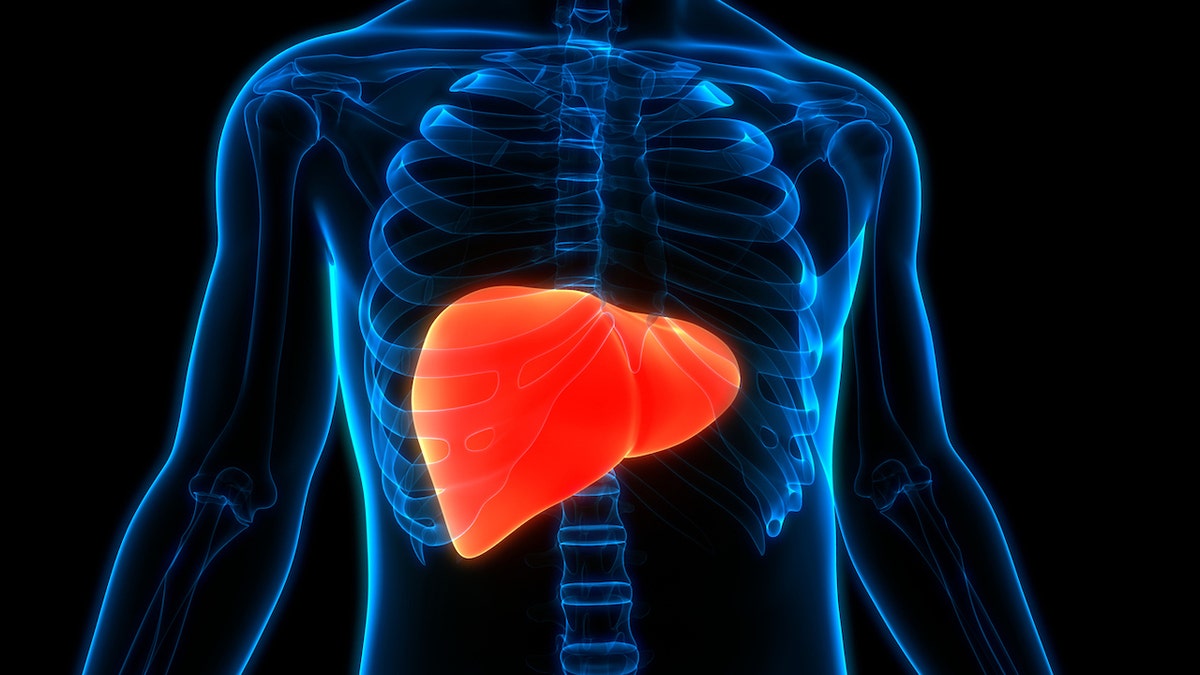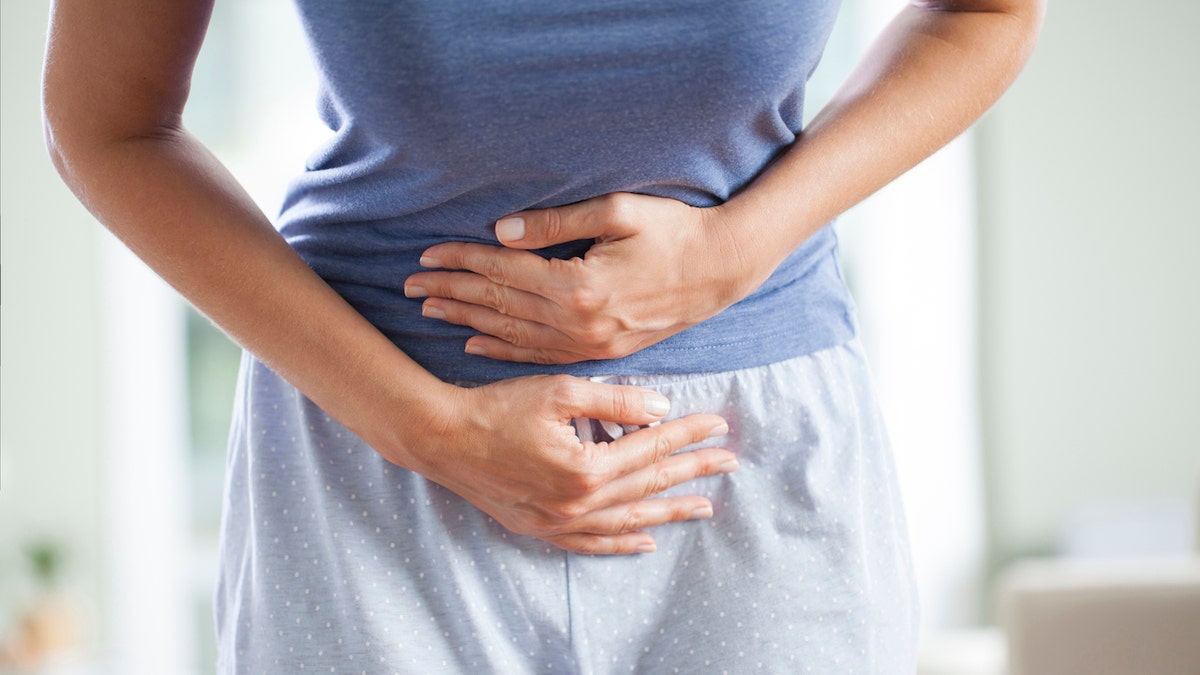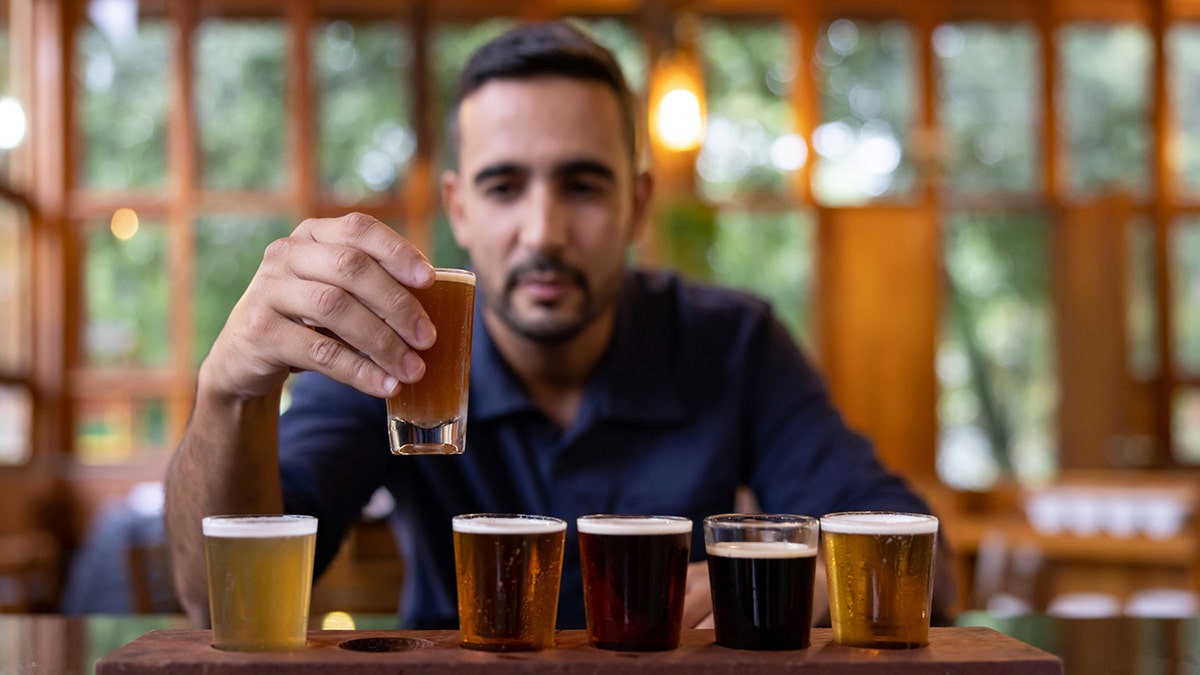
Heading into the party season, partaking of too many holiday spirits can leave you with an unwelcome hangover — and can also wreak havoc on your gut health.
“In addition to being a significant contributor to weight gain due to high-calorie density, alcohol can also reduce our ability to fight infections and increase the risk of developing diseases, food intolerances and sensitivities — all as a result of poor gut health,” said Dr. Gill Hart, biochemist and scientific director at U.K.-based YorkTest, a health and wellness company that provides lab tests for food sensitivities and allergies.
“Gut health” refers to the health of your entire gastrointestinal tract, including all the bacteria within your digestive system.
THESE ARE THE WORST DRINKS FOR YOUR HEALTH, ACCORDING TO NUTRITIONISTS
When the balance of “good” and “bad” bacteria is thrown out of whack, it can have a ripple effect on all aspects of your health.
Hart shared with Fox News Digital seven ways that alcohol can impact gut health. He also shared ips on how to reduce those negative effects.

Partaking of too many holiday spirits can leave you with an unwelcome hangover — and can wreak havoc on your gut health, an expert says. (iStock)
1. Immune system vulnerabilities
“Alcohol impacts our gut, causing imbalances in our healthy/unhealthy gut bacteria, exacerbating gut permeability and impacting our immune systems,” Hart said.
A majority of the immune system — around 70% — is found in the gut, she said.
THE 11 BEST HIGH-FIBER FOODS TO INCORPORATE INTO YOUR DIET
“Since alcohol can compromise healthy bacteria, it’s essential to take steps to protect your gut biome when you drink to protect your immune system.”
Hart recommends aiming to stay within drinking guidelines, whatever that means for you.

“Alcohol impacts our gut, causing imbalances in our healthy/unhealthy gut bacteria, exacerbating gut permeability and impacting our immune systems.” (iStock)
That might mean having a minimum of three sober days per week, or only having alcohol with or after a meal to reduce absorption.
“Focusing on consuming foods rich in prebiotics, probiotics and fiber can help to restore a healthy gut biome and support your immune system,” Hart said.
2. Irritation from ingredients and mixers
It’s not always just the alcohol (ethanol) that can irritate the gut. Sometimes other ingredients in alcoholic drinks can have negative effects, some of which aren’t always obvious, Hart warned.
“The grapes, wheat, barley, hops, yeast and other ingredients — such as fruits and dairy in cocktails and mixers — can all irritate your gut, causing inflammation,” she said.

Sometimes other ingredients in alcoholic drinks can have negative effects, some of which aren’t always obvious. (iStock)
Those ingredients can also contribute to food intolerances and sensitivities, causing symptoms such as irritable bowel syndrome (IBS), bloating, low energy, low mood, headaches and even skin issues like eczema or psoriasis.
“Gassy drinks, such as mixers, often include artificial sweeteners that are not usually gut-friendly, so try to avoid these,” Hart recommended.
3. Risk of diabetes
It’s also important to consider the impact of the added sugars that are often present in alcoholic drinks, which are known to contribute to a higher risk of diabetes.
“Those with type 2 diabetes may have a less diverse and balanced gut biome than non-diabetic individuals,” Hart said.
CANCER RISK COULD INCREASE WITH CONSUMPTION OF CERTAIN FOODS AND DRINKS, STUDY FINDS
“Diabetes is the most common known cause of gastroparesis, a condition that affects how you digest your food,” she said.
Symptoms of this condition include nausea, heartburn and bloating.
“To reduce diabetes risk, try to reduce or avoid consuming alcoholic drinks that are higher in sugar, such as cocktails, pre-mixed drinks, alcopops, liqueurs, cider, fortified wines and sherry,” Hart suggested.
4. Liver damage
“A key takeaway is the effect of alcohol on the liver, which is also linked to gut health,” Hart said.
“Imbalances in the gut biome are linked to gastritis, which causes the stomach lining to become inflamed, and fatty liver disease, which leads to fatty tissues affecting optimal digestive function,” she went on.

Studies have shown that the most common cause of alcohol-related death in the U.S. is alcoholic liver disease. (iStock)
While only 60% of liver diseases are caused by alcohol, studies have shown that the most common cause of alcohol-related death in the U.S. is alcoholic liver disease.
An estimated one in eight total deaths among U.S. adults aged 20 to 64 years is attributed to excessive alcohol use, according to the Centers for Disease Control and Prevention (CDC).
EXPERIMENTAL WEIGHT LOSS DRUG COULD HELP TREAT FATTY LIVER DISEASE IN PEOPLE WITH OBESITY, STUDY FINDS
“The best way to reduce the effect of alcohol-related liver disease is to stop drinking alcohol or stick to the recommended Dietary Guidelines for Americans, limiting intake to two drinks or less a day for men and one drink or less for women,” said Hart.
5. Digestive issues and bloating
Excessive alcohol consumption can also inhibit the production of digestive enzymes, Hart warned, making it more difficult for your body to break down, digest and absorb food.
“This leads to an imbalance in the gut biome, with partially digested food being a cause of bloating and gas,” she said.

Excessive alcohol consumption can also inhibit the production of digestive enzymes, Hart warned, making it more difficult for your body to break down, digest and absorb food. (iStock)
When planning meals during a “heavy drinking season,” she suggests focusing on foods that help to optimize your gut microbiome — “the 100 trillion bacteria that live in your gut that are crucial for your health.”
Fermented foods, such as yogurt, kefir, kimchi and sauerkraut, contain probiotics that help to nourish and protect the gut, Hart added.
6. Mental health issues
“The long-term effects of excessive alcohol consumption really are sobering,” said Hart.
“Alcohol is a depressant — it contributes to depression, anxiety and heightened stress levels, and its negative effects on mental health are far more than most of us are ever likely to admit.”

Alcohol is a depressant that contributes to depression, anxiety and heightened stress levels, Hart warned. (iStock)
High levels of stress can inhibit the digestive system in similar ways to alcohol, she warned — “although the heightened stress levels after drinking alcohol often linger longer, making any dietary efforts to improve gut health after a drinking session less impactful.”
“The long-term effects of excessive alcohol consumption really are sobering.”
To help calm the digestive system and support gut health and immunity, Hart said it’s important to cultivate a “relaxation response.”
“Taking time to rest and recharge after a night of drinking alcohol, in whatever way that works for you, is essential to support your mental wellness and gut health,” she added.
7. Dehydration
“While it’s important to keep hydrated when drinking alcohol, drinking more water or soft drinks isn’t going to offset the effect that alcohol has on your gut,” Hart said.
“However, if drinking more water — or soft drinks such as kombucha tea or low- to no-alcohol beverages — means drinking less alcohol, then this is the best way to reduce the risk of negative effects that alcohol can have on your gut and overall health.”

Hart suggests starting the evening with a zero- or low-alcohol drink, and then alternating drinking alcoholic drinks with water to avoid dehydration. (iStock)
Hart suggests starting the evening with a zero- or low-alcohol drink, then alternating consuming alcoholic drinks with water to avoid dehydration (and a hangover).
Better yet, low-alcohol or no-alcohol wine and beers make it easier to drink socially without alcohol, which Hart said is a much better choice for your health.
CLICK HERE TO SIGN UP FOR OUR HEALTH NEWSLETTER
“Aside from reducing alcohol consumption as a whole, simple diet changes such as avoiding sugary and carbonated mixed drinks, replacing alcohol with low- or no-alcohol alternatives, and only drinking alcohol with or after food can reduce the negative effects of alcohol on your gut health,” Hart added.
Additionally, making an effort to consume fermented foods post-drinking is important to restore your microbiome for a healthy gut.
CLICK HERE TO GET THE FOX NEWS APP
Hart added, “Taking a closer look at the ingredients in alcoholic drinks and taking a food sensitivity test can also be important to identify any foods in your diet that could contribute to discomfort and poor gut health.”
For more Health articles, visit www.foxnews.com/health.

 Latest Breaking News Online News Portal
Latest Breaking News Online News Portal




